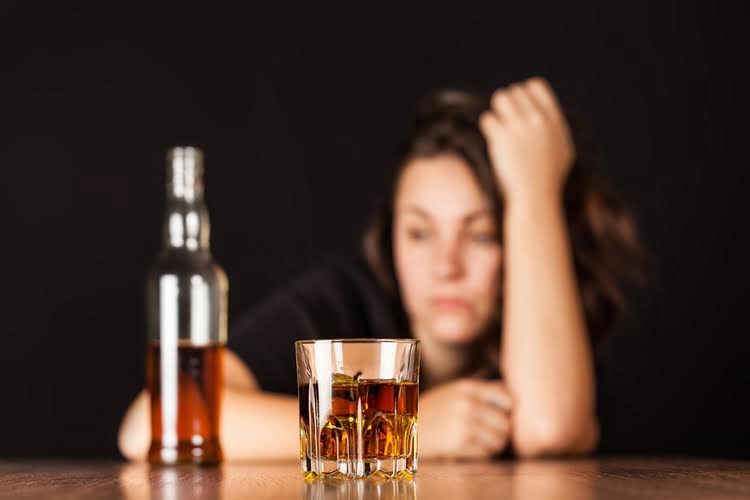Participants can boost their self-esteem and create positive connections. Sharing personal stories fosters a sense of connection, empathy, and encouragement. This guide offers practical steps to find, vet, and choose the right local addiction treatment center for you. This guide explores CBT, DBT, MAT, and more to help you find the right path to recovery. Gratitude circles provide a structured opportunity for group members to reflect on and share positive aspects of their lives.
- Through honest, confidential discussion, recovery groups allow members to learn from one another’s experiences, vent, and explore feelings that might otherwise reach a crisis point.
- Mindfulness exercises, such as meditation and deep breathing, can help individuals develop present-moment awareness and improve their ability to cope with cravings and triggers.
- Below are a few suggestions based on the goals of exploring various emotional states, including love, positivity, loneliness, fear, and understanding legacy.
- Measuring progress and outcomes in art therapy can be challenging, as the benefits are often subjective and deeply personal.
- Gratitude circles provide a structured opportunity for group members to reflect on and share positive aspects of their lives.
Cognitive Behavioral Therapy (CBT) Techniques
These techniques help individuals explore their inner experiences, gain insight, and develop new perspectives on their issues. Have the group share how they can improve their self-care or list them out as part of your substance abuse group activities. One of the more successful options for substance abuse group activities is teaching meditation. Mindfulness-based interventions such as meditation have been demonstrated to reduce anxiety and shown a reduction in misuse among those with addictive behavior. There are many ways to incorporate meditation as one of your substance abuse group activities.

MDMA-Assisted Therapy: A Breakthrough Approach to Mental Health Treatment
There are many different ways to treat substance abuse, and no two treatment plans are exactly alike. By incorporating activities and games that are fun and informative, participants can gain valuable skills and insight into their addiction recovery and have an easier time absorbing the information. Interactive group therapy games and exercises can be highly engaging and effective in promoting camaraderie, teamwork, and skill-building among participants. These activities provide a structured and enjoyable approach to therapy sessions, making them more accessible and encouraging active participation. Cognitive-behavioral techniques focus on identifying and changing negative thought patterns and behaviors.
Mental Health Handouts
The ability to be self-aware of one’s actions and habits and practice self-regulation is one that strengthens over time. This game is great for mindfulness and can be done with a chocolate chip or any other small food item. Have each person hold the chocolate chip in their hands and go through their senses as a group.
Therapeutic Goals and Benefits
It creates a space where people feel understood, supported, and not alone. drug addiction Unlike individual therapy, group settings offer shared accountability, real-time feedback, and the power of community. These sessions become a place of encouragement where every person’s story adds value to someone else’s healing. Group therapy is an excellent alternative or addition to individual sessions because it offers a different kind of therapy approach with the added benefit of social support. People recovering from substance abuse feel supported, and working with other members can be motivating.
- The goal is to build a diverse “toolbox” of strategies that participants can draw from in times of stress or temptation.
- Expressive writing or journaling therapy involves writing about thoughts, emotions, and experiences as a way to process and understand them better.
Hawaii Island Recovery, the Big Island’s premiere residential substance abuse rehabilitation facility for adults, offers a comprehensive treatment program in a tranquil and healing environment. For all your therapy practice and substance abuse group activities needs Theraplatform can help. Theraplatform, an EHR, practice management and teletherapy tool built for therapists can help you share and organize your materials. In conclusion, the utilization of effective substance abuse group therapy activities can significantly contribute to the recovery journey. Through these activities, individuals can find support, develop valuable coping strategies, and foster connections that promote lasting sobriety and well-being. With the guidance of trained art therapy practitioners, substance abuse group activities these exercises can be a valuable tool in supporting long-term recovery and personal growth.

A 10th step-based inventory for self-reflection for counselors and other mental health workers. A 2-page mental health worksheet for identifying things that are controllable versus things that can’t be https://ecosoberhouse.com/ controlled. A list of specific topics for substance use groups, such as refusal skills, the difference between a lapse and a relapse, and fun in recovery. The first person creates a simple beat, and the rest of the group follows suit, repeating the pattern and adding their embellishments. The next player repeats the pattern and adds something new, and the process continues until the individuals before them don’t repeat the pattern.
